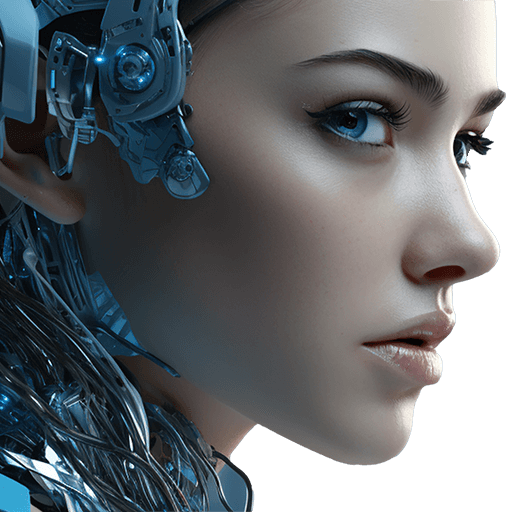Generative AI refers to AI models that can create new content, such as text, images, or music, that is similar to human-generated content.
Characteristics:
- Learning Patterns: Models learn from large datasets to produce original outputs.
- Creativity: Capable of creating content that mimics human-like creativity.
- Applications in Search: Generating summaries, answering complex queries.
Examples include:
- GPT-4: Generates coherent and contextually relevant text.
- DALL-E: Creates images from textual descriptions.
- Midjourney: Produces artistic visuals.
The evolution of generative AI has opened new possibilities in content creation and personalization.
In daily life, generative AI powers applications like chatbots that can hold conversations, tools that create art, or software that writes code. It offers businesses opportunities to automate content creation, enhance customer interactions, and innovate in product development. In marketing, generative AI can personalize messages at scale. Trust in generative AI outputs depends on the generated content’s quality, originality, and ethical use.
(See also AI Overview and Large Language Model (LLM).)

